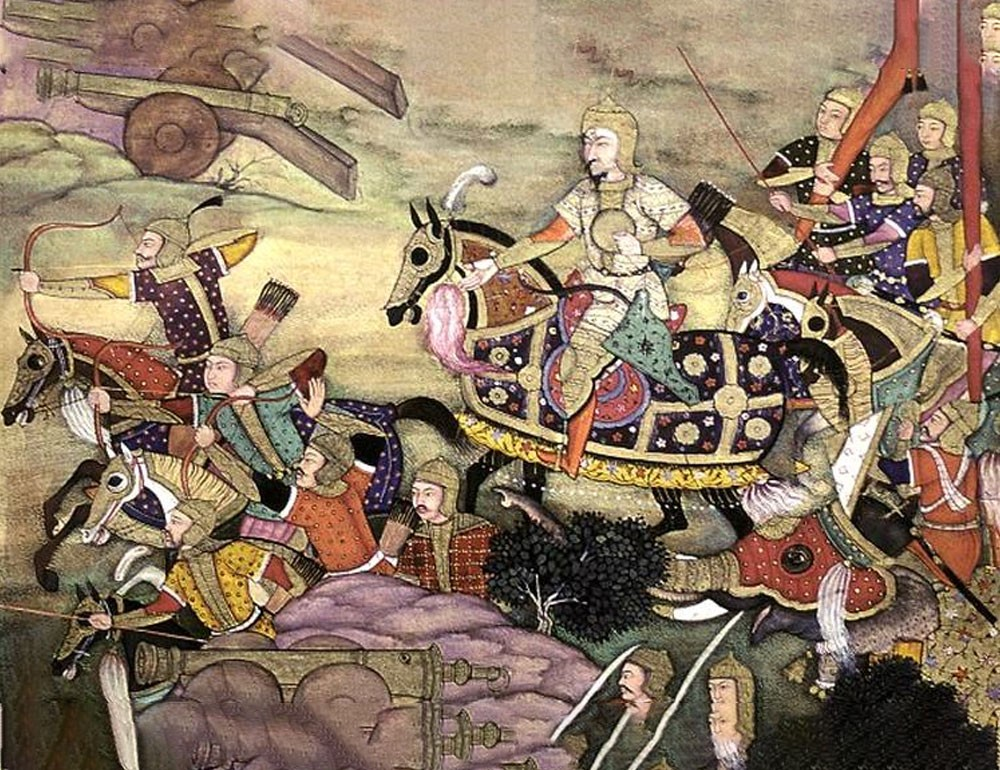India is one of the largest democracies in the world, with a population of over 1.3 billion people. The country gained independence from British rule in 1947 and adopted a democratic system of government, with a constitution that guarantees basic rights and freedoms to its citizens.
Despite its size and diversity, Indian democracy has been able to sustain itself for over seven decades, with regular elections and peaceful transfers of power. However, there are several dilemmas and challenges that continue to test the strength of Indian democracy.
There are several dilemmas facing Indian democracy, some of
which include:
Caste-based politics: One of the biggest dilemmas facing Indian democracy is the prevalence of caste-based politics. Caste is a deeply ingrained social system in India, and politicians often use it as a means to garner votes. This has resulted in the marginalization of certain sections of society and has prevented the country from realizing its full potential.
Corruption: Corruption is another major dilemma facing
Indian democracy. Corruption is pervasive at all levels of government, and it
undermines the rule of law and erodes public trust in government institutions.
Communalism: Communalism refers to the practice of
exploiting religious differences for political gain. This is a major dilemma
facing Indian democracy, and it has led to communal violence and the
marginalization of certain religious communities.
Poverty and inequality: Despite economic growth over the
past few decades, poverty and inequality remain major dilemmas facing Indian
democracy. Millions of people in India still live in poverty, and the gap
between the rich and poor continues to widen.
Lack of access to education and healthcare: Access to
education and healthcare is a major dilemma facing Indian democracy. While the
government has made efforts to improve access to these services, there is still
a long way to go to ensure that all citizens have access to quality education
and healthcare.
Moreover, Indian democracy has a robust and free press, with
a diverse range of media outlets that provide a platform for public debate and
discussion. Social media has also emerged as a powerful tool for citizen engagement
and activism.
In conclusion, Indian democracy faces significant dilemma & challenges, but it has also made significant progress over the years.
Addressing these challenges requires a concerted effort from government, civil
society, and citizens. It will require a commitment to democratic values, an
emphasis on transparency and accountability, and a focus on inclusive
development that benefits all citizens, regardless of caste, religion, or
socioeconomic status.











